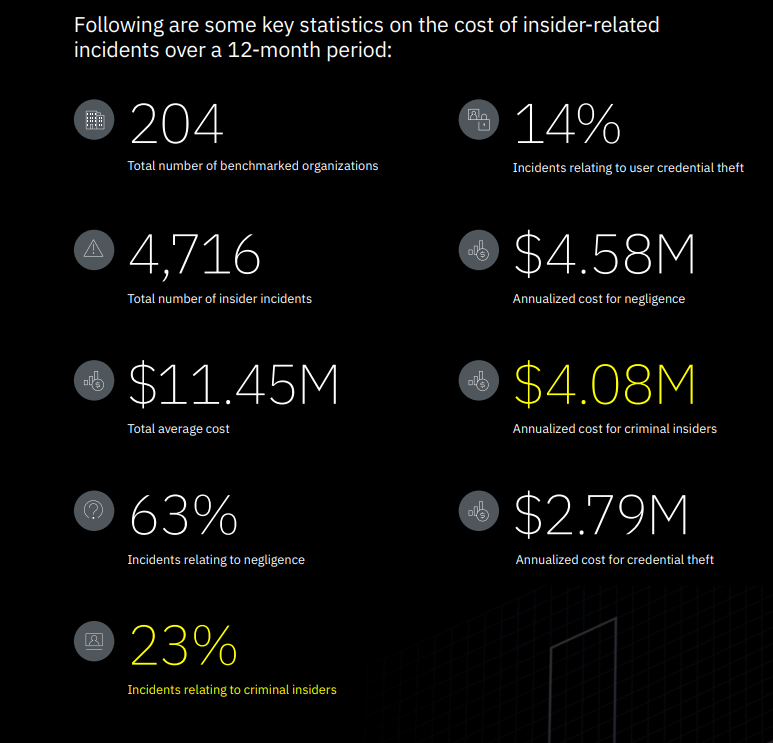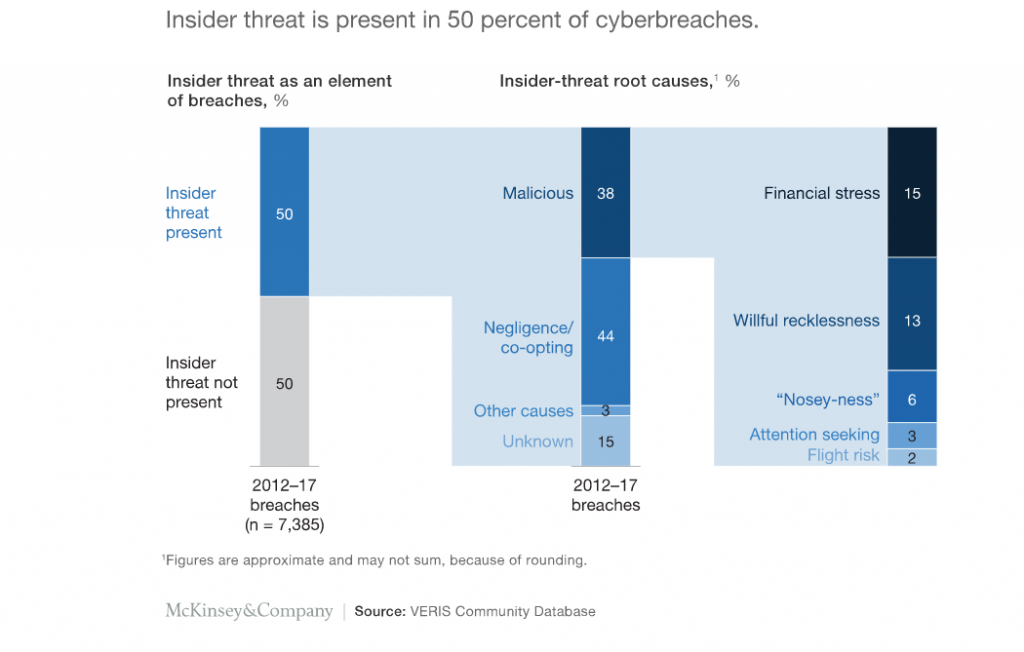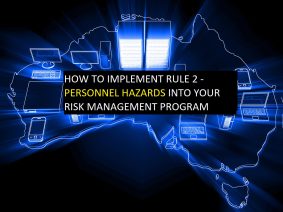Cyber Security Risk Audits start to look at the HR workforce.

Machine learning will help mitigate insider risk and hiring mistakes.
Directors’ responsibility and liability for cybersecurity and increasing privacy fines.
“If it were measured as a country, then cybercrime — which is predicted to inflict damages totalling $6 trillion USD globally in 2021 — would be the world’s third-largest economy after the U.S. and China.”— Steve Morgan, editor-in-chief, Cybercrime Magazine.
With an increasing array of security standards to choose from, Australian Standards 4811 Employment Screening standards uplifted in 2022. Directors who fail to protect data will face negligence lawsuits due to failing to protect data not just from external actors but equally from malicious trusted insiders. It will be seen by the courts as a “reasonably foreseeable” risk of harm especially as 50% of cyber breaches are derived from the workforce.

To be fair, Artificial Intelligence moves to Augmented Intelligence for screening
Conclusion
Since 2010, we have been entrusted by the Australian government, Fortune 500 companies in Australia and small to medium organisations to provide discreet, timely and accurate screening solutions that support them in making sound, fact-based HR decisions. As a result, we annually conduct thousands of one-on-one interviews and verification transactions, tailored to the requirements of the organisations we work with.
Test drive your new employee screening program today – for free – www.cleard.life/join .
Or find out about how you can start to get your workforce through.






